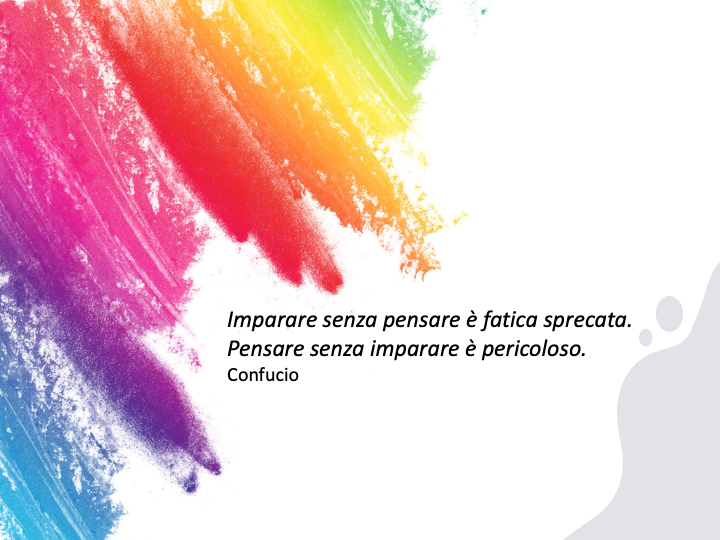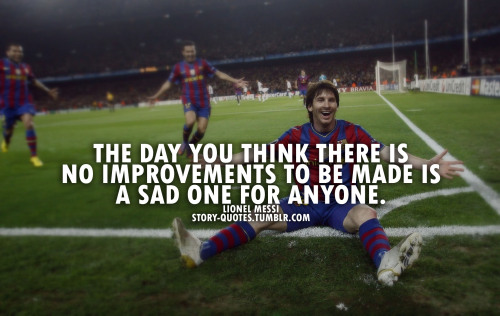Wanting to learn from mistakes is a positive and necessary desire, but it’s also truly challenging to put into practice. A first obstacle lies in maintaining this motivation continuously during the competitive season.
A second aspect concerns maintaining it even when the athlete feels prepared and fit and would expect to perform at their best because of this condition. Forgetting that the environment of the competition, the opponent, and the importance of the competitions are other factors that influence how they will compete.
A third aspect, closely related to the previous one, lies in the presumption of thinking that since one is in good shape, it will be assumed that they will make few mistakes and everything will go well. Being surprised if this doesn’t happen. Thinking about winning rather than thinking about how to play at one’s best is considered to be a performance killer.
A fourth aspect refers to the emotional component triggered by the mistake. The athlete knows the reasons for the mistake and would know how to change, but they allow themselves to be dominated by the frustration of the mistake and emotions of anger, disappointment, or guilt instead of encouraging themselves. In this way, even if they think correctly, the negative mood towards themselves prevents them from effectively implementing their choice.
Mental training should focus on teaching the young athlete to overcome these negative mental states, stimulate constant forms of encouragement, and develop a positive self-dialogue.






